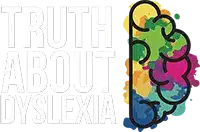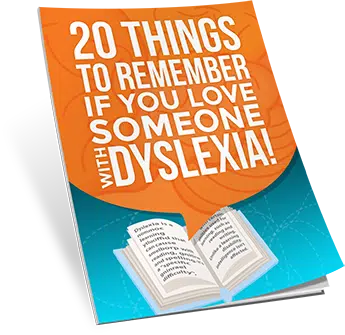In this podcast episode, Stephen from The Truth About Dyslexia explores the intricacies of confidence, particularly in the context of neurodiversity such as dyslexia or ADHD. He reflects on personal experiences and recent sessions with a practitioner named Andre Kenny. Stephen delves into the complex relationship between confidence and neurodiversity, highlighting how moving abroad during childhood and family dynamics impacted his confidence.
He discusses his father’s communication style, the challenges of feeling understood, and the underlying impact on his self-assurance. Stephen emphasizes the importance of addressing deeper psychological issues alongside surface-level concerns, acknowledging the discomfort and vulnerability that come with introspection. He encourages listeners to reflect on their own confidence levels and consider seeking professional support to uncover underlying issues. Through personal insights and reflections, Stephen offers a candid perspective on navigating confidence within the realm of neurodiversity.
Keywords
Confidence, Neurodiversity, Dyslexia, ADHD, Personal Development, Self-assurance, Therapy, Childhood experiences, Family dynamics, Communication styles, Self-doubt, Anxiety, Vulnerability, Psychological exploration, Seff-awareness, Emotional well-being, Surface-level issues, Root causes, Professional support, Personal growth, adults with dyslexia, support for adults.
Takeaways
- Recognizing the Challenge: Building confidence is crucial for individuals with neurodiversity like dyslexia or ADHD. It’s a recurring topic in personal development due to its significance in navigating life’s challenges.
- Personal Journey: The speaker shares their personal journey, including struggles with confidence, past experiences, and recent therapy sessions aimed at understanding and addressing underlying issues.
- Holistic Approach: Addressing confidence issues requires a holistic approach that goes beyond surface-level solutions. While health and external factors play a role, psychological well-being and self-awareness are equally important.
- Impact of Childhood: Childhood experiences, family dynamics, and parental influences significantly shape confidence levels. For example, the speaker reflects on how their father’s communication style and actions affected their self-perception.
- Emotional Impact: Lack of confidence can lead to anxiety and uncertainty, affecting various aspects of life. Recognizing and addressing these emotional challenges is essential for personal growth and well-being.
- Therapeutic Exploration: Therapy, particularly with professionals who understand neurodiversity, can help uncover root causes and provide valuable insights for overcoming confidence issues.
- Vulnerability and Self-Reflection: Acknowledging deeper insecurities and being vulnerable enough to address them is key to building lasting confidence. It involves peeling back layers of emotional barriers and speaking one’s truth.
- Encouragement for Self-Exploration: Individuals are encouraged to explore the root causes of their confidence issues, whether they stem from surface-level concerns or deeper psychological factors. Seeking support from professionals can aid in this journey.
- Continuous Growth: Building confidence is an ongoing process that requires continuous self-reflection, exploration, and personal growth. It involves embracing discomfort and addressing underlying issues to move forward positively.
- Empowerment: By understanding and addressing the complexities of confidence with neurodiversity, individuals can empower themselves to navigate life more confidently and authentically.
If you want to find out more visit:
Join our Facebook Group
facebook.com/groups/adultdyslexia
—

